By the age of 70, most people have lost nearly 80% of their natural collagen production compared to their youth. Collagen—the structural protein that gives skin its firmness and elasticity—begins to decline as early as our mid-20s. This natural drop, combined with sun exposure, stress, and lifestyle factors, often results in wrinkles, sagging, and dull skin. Yet around the world, countless people are proving that it’s never too late to bring back radiance.
Here’s the surprising truth: collagen stimulation doesn’t always require expensive injections or complicated procedures. From topical applications to natural remedies, there are safe, accessible ways to support collagen production and minimize wrinkles—even for those in their 70s. Imagine applying a simple natural formula to your skin and noticing smoother, more supple texture within weeks. This article dives into how collagen works, why it fades, and powerful methods to stimulate it at home for healthier-looking skin at any age.
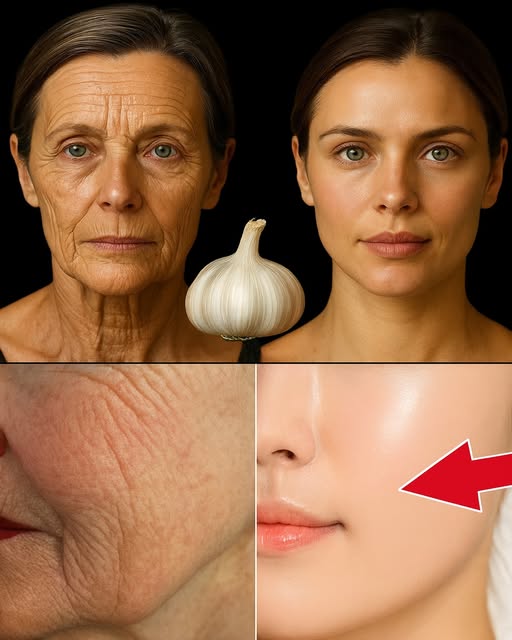
What Is Collagen and Why Does It Matter?
Collagen is the most abundant protein in the body, found in skin, bones, cartilage, and connective tissues. In the skin, it works like scaffolding, holding everything firm and plump. As collagen declines, fine lines deepen into wrinkles and elasticity decreases.
Key factors that reduce collagen include:
- Natural aging: Production slows after age 25.
- UV damage: Sunlight breaks down collagen fibers.
- Poor diet: Lack of protein, vitamins, and antioxidants accelerates decline.
- Stress and toxins: Increase oxidative stress that weakens skin structure.
Supporting collagen means addressing these factors with lifestyle changes, nutrition, and targeted care.
6 Effective Ways to Stimulate Collagen Naturally
1. Topical Remedies with Natural Extracts
Certain plant-based compounds encourage collagen synthesis. For example, aloe vera gel has been studied for its ability to boost collagen and improve skin elasticity. Applying it regularly can hydrate and smooth the skin.
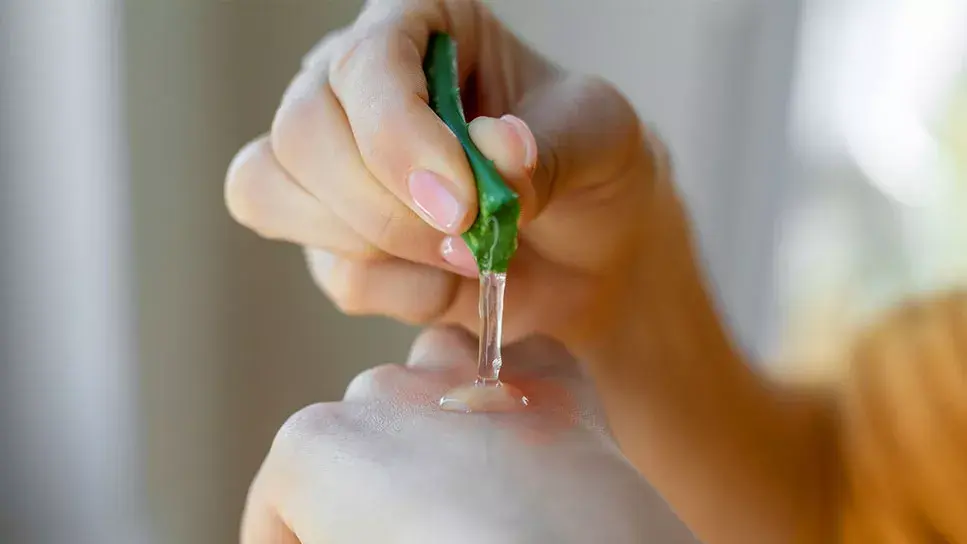
Green tea extract, rich in catechins, also supports collagen preservation by fighting oxidative stress. Natural oils like rosehip oil provide vitamin A derivatives that help stimulate new cell growth.
2. Collagen-Boosting Foods
Nutrition plays a central role in collagen health. A diet rich in protein and specific micronutrients fuels your body’s ability to make collagen.
Best collagen-friendly foods include:
- Bone broth (rich in collagen peptides)
- Fish and chicken (provide amino acids glycine and proline)
- Citrus fruits (vitamin C for collagen synthesis)
- Leafy greens and bell peppers (antioxidants to protect collagen fibers)
- Nuts and seeds (vitamin E and healthy fats for skin repair)
3. Vitamin and Mineral Support
Collagen production relies heavily on nutrients such as vitamin C, zinc, and copper. Without them, even the best skincare routine falls short. Supplementing with these nutrients or ensuring adequate intake through food is essential.
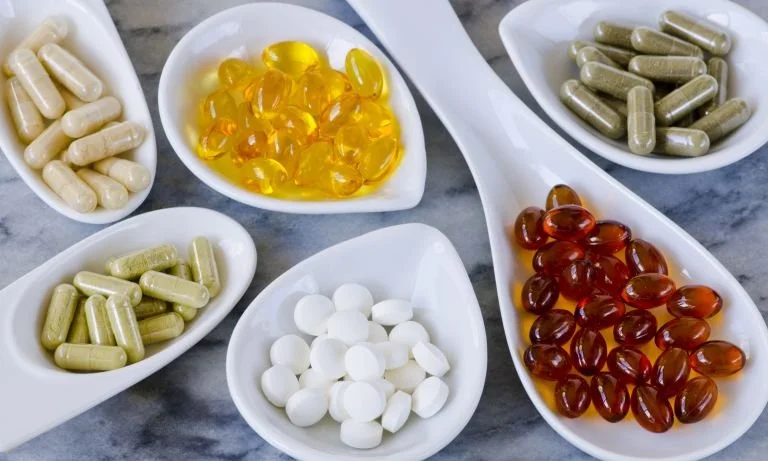
4. Gentle Facial Massage and Microcirculation
Massaging the face with natural oils helps improve blood flow, delivering nutrients to skin cells. Gua sha, jade rollers, or simply using your fingers can stimulate circulation and support collagen maintenance.
5. Natural DIY Collagen Mask Recipe
You can create a simple at-home collagen-supporting mask with ingredients you likely have in your kitchen.
Ingredients
- 1 tablespoon aloe vera gel
- 1 teaspoon raw honey
- A few drops of rosehip oil
Instructions
- Mix ingredients into a smooth paste.
- Apply evenly to the face and neck.
- Leave on for 20 minutes.
- Rinse with lukewarm water.
Used twice a week, this mask hydrates, nourishes, and encourages collagen repair.
6. Lifestyle Habits That Protect Collagen
- Limit sun exposure and always use sunscreen.
- Get quality sleep to allow natural repair processes.
- Exercise regularly to improve circulation and nutrient delivery.
- Reduce sugar intake since sugar accelerates collagen breakdown (glycation).
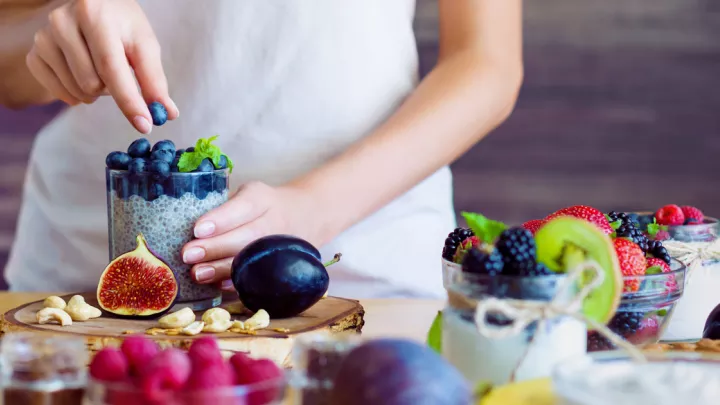
Quick Comparison Table
| Method | How It Helps | Best Application |
|---|---|---|
| Aloe vera gel | Boosts collagen, hydrates skin | Topical use |
| Bone broth | Supplies collagen peptides | Nutrition/diet |
| Vitamin C-rich foods | Stimulates collagen production | Citrus, peppers, greens |
| Facial massage | Improves blood flow | Daily skincare routine |
| DIY natural mask | Combines hydration + nutrients | 2x weekly application |
| Sun protection | Prevents collagen breakdown | Sunscreen, hats, shade |
Real-Life Example
Janet, a 72-year-old grandmother, struggled with deep wrinkles and dry skin. Instead of opting for injections, she began a natural routine: drinking bone broth, applying aloe vera gel nightly, and practicing facial massage with rosehip oil. Within three months, her friends noticed her skin looking firmer and brighter. While her wrinkles didn’t vanish overnight, the improvement gave her confidence and a natural glow she hadn’t felt in years. Janet’s story shows that collagen support at any age can create visible changes.
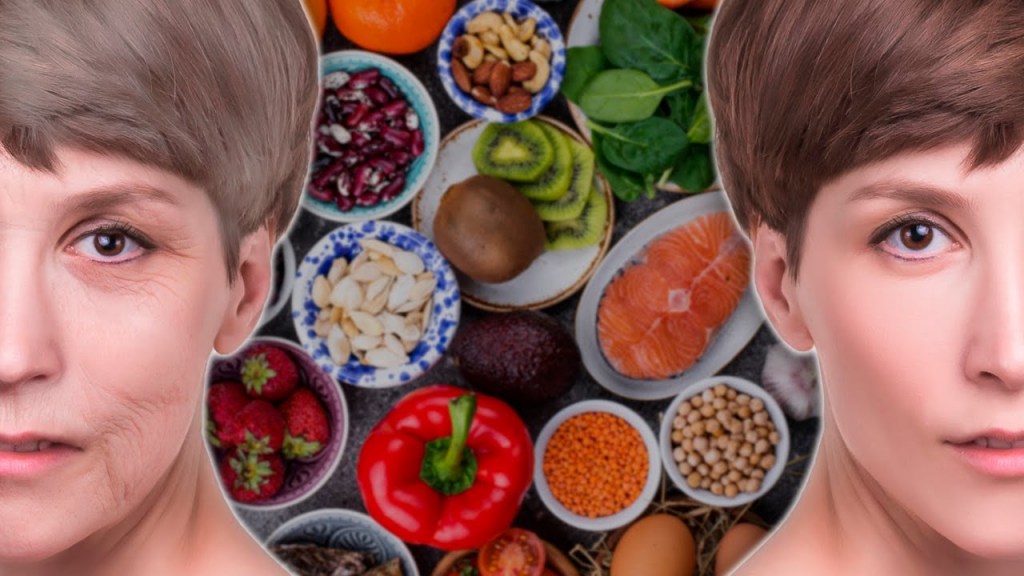
Conclusion
Collagen stimulation is not about chasing youth but about nourishing the body to stay vibrant at every stage of life. With the right foods, natural remedies, and protective habits, it’s possible to support skin health and reduce the appearance of wrinkles—even into your 70s. Remember that consistency matters more than quick fixes.
Frequently Asked Questions (FAQ)
Can collagen really remove wrinkles completely?
No. It can reduce their appearance, but natural methods work gradually and realistically.
How long until I see results?
Most people notice improvements in hydration and texture within 6–12 weeks of consistent care.
Is it safe for older adults to use natural collagen remedies?
Yes, but always consult a healthcare provider before adding supplements or new routines.
Disclaimer: This article is for informational purposes only and does not replace professional medical advice, diagnosis, or treatment. Always consult a qualified dermatologist or healthcare provider before beginning new remedies.




